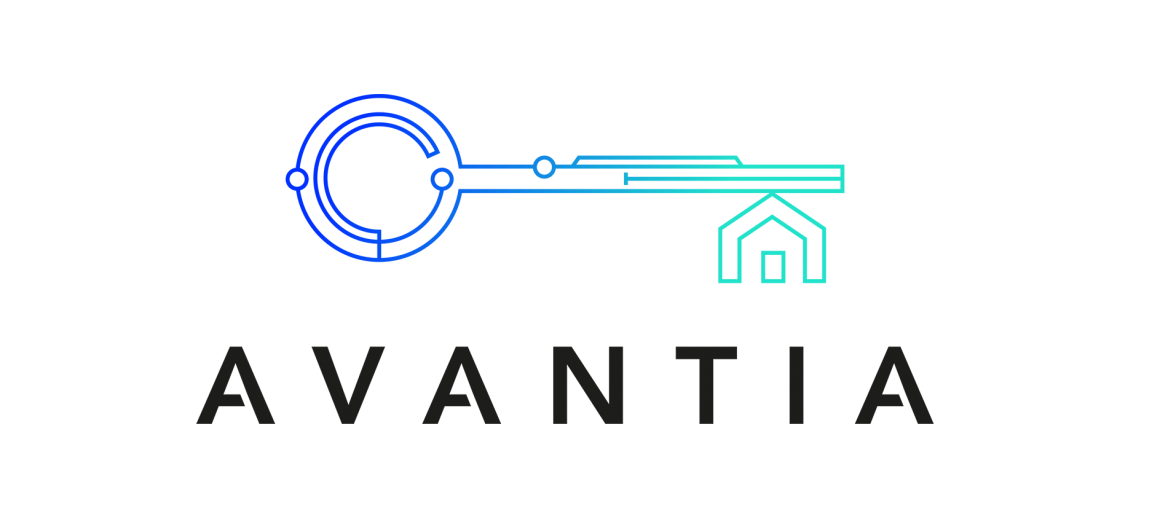Staying at Home with Mark Eastham, CEO of Avantia
15 May, 2020
Avantia is a UK-based non-standard home insurance MGA, and Member of the 2020 InsurTech Impact 25. We recently spoke to Mark Eastham, its CEO, about the home insurance market and the opportunities and challenges created by Covid-19.
What has Avantia seen in the market so far?
Like most insurers we have seen a reduction in customers shopping around but the flip side of this is that our retention rate is up.
As one might expect, there has been a noticeable reduction in theft and escape of water claims given everyone is spending more time at home. Balancing this off, there has been an increase in fire and accidental damage claims.
How have Avantia responded?
In accordance with the FCA guidelines we have waived any cancellation charges and provided one-month payment breaks to customers who are in need. We are not deeming customers who have been forced to work from home as invalidating their existing insurance policies.
Thankfully there have been only a small number of defaults on our premium finance platform to date which may be due to the Government’s furlough scheme preventing excessive financial hardship.
Operationally we successfully set up remote working for all staff over a period of around two weeks. Our operation has been very resilient, we were fortunate that we use cloud-based contact technology and our agents operate using virtual environments. Non-standard home insurance traditionally relies on voice or face-to-face channels more heavily than standard home products, so our automated question set has also been an advantage for us serving customers during the lockdown.
What opportunities are arising from the pandemic?
From a product development perspective there are multiple opportunities for home insurers. The shift to home working may see an increase in demand for cyber products that could be offered as an add-on to home insurance policies. There may also be additional demand for cover of office equipment in the home and in outbuildings and a greater need to replace these items rapidly in the event of theft or damage.
The benefits of smart homes may be reduced with more people staying at home. However, the other side of the coin is that holiday homes are going to be unoccupied for longer periods. Many insurers enforce inspection warranties, and cautious customers are likely to be concerned about the condition of their property. The use of smart technology can be an effective method of monitoring the security and state of the property from a distance, and could be a new opportunity for insurers.
What might happen next?
The major impact on the home insurance market will be the economic downturn caused by this pandemic. In the last global financial crisis, we saw that insurance customers turned to price comparison websites as they tried to save money. We expect aggregator search volumes to recover quickly and for the market to be more price competitive for the rest of the year. This is good news for us because our sophisticated technology, Cortex, which is a machine-learning based customer decisioning engine, helps us price at extremely granular levels and find the most attractive customers.
For insurers, there is an urgent need to protect the reputation of the industry. Customers need to have confidence that their claims will be paid in their time of need. From our perspective this means increasing the level of communication with our customers to build higher levels of engagement and trust.



